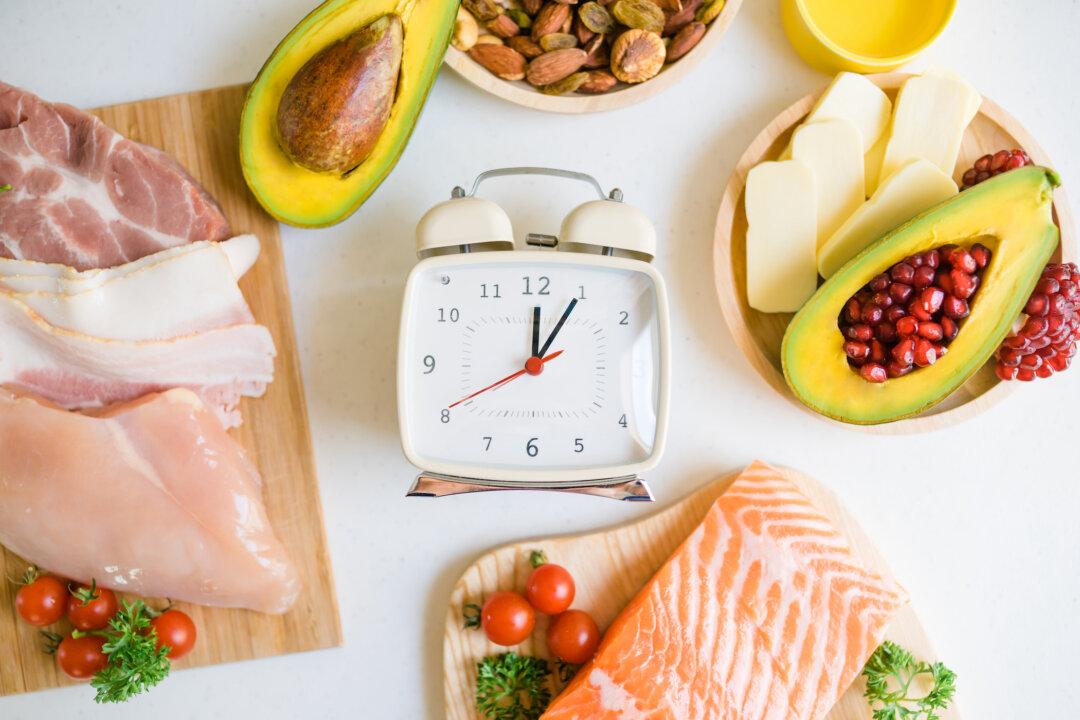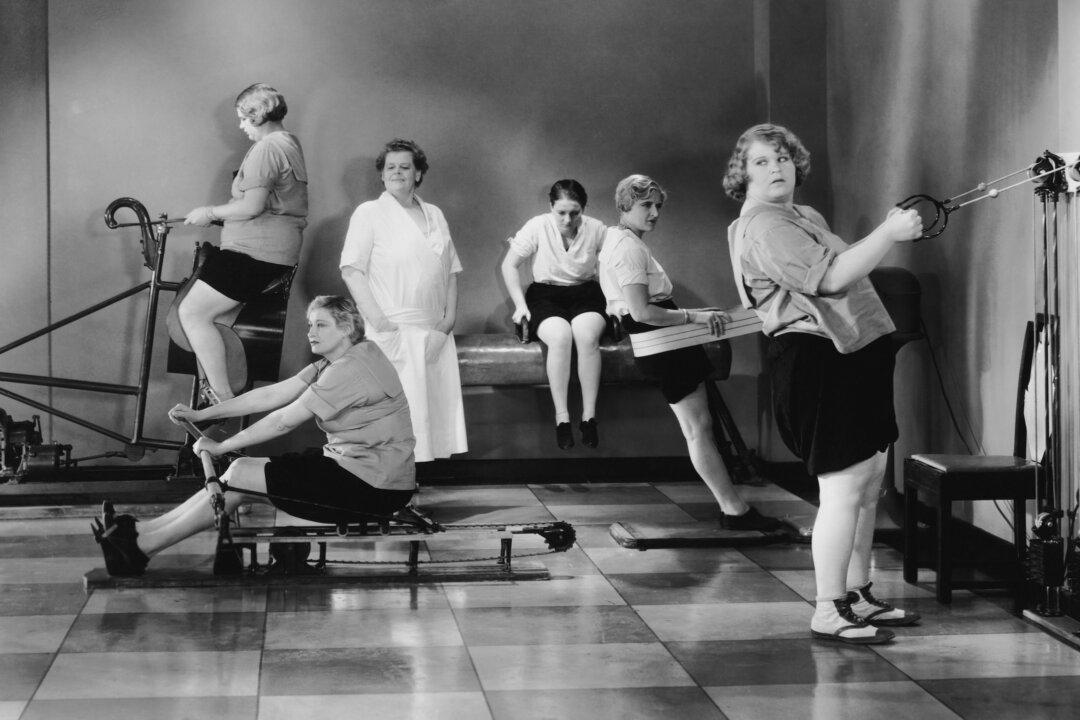Hormones Affect Weight Loss More Than Calories
- The answer to how to lose weight lies with our hormones.
- “Calories in, calories out” is a false way of thinking about weight loss.
- Different foods of the same caloric value elicit completely different hormonal responses, which affects whether we gain or lose weight.
- Calorie counting doesn’t work.
- The Obesity Code explains how to implement a healthier lifestyle and why people gain weight in the first place.
‘Calories In, Calories Out’
What are calories? Calories are units of heat, and when applied to food, it’s the energy released from a food when burned in a bomb calorimeter. So, if you burn a bagel, then 250 calories of heat are released. You could also burn a piece of wood and release 250 calories of heat. Calories are units derived from physics, not physiology—the science of living things.Our body is not a bomb calorimeter, and it follows physiology, not physics. Eating a bagel or a piece of wood is the same from a physics standpoint, but completely and utterly different from a physiological standpoint because wood is not food. Our body does not know or care how many calories are contained in what we eat.

Instead, foods affect hormones, such as insulin, peptide YY, cholecystokinin, and others that signal how our body should properly respond. If we eat a bagel (mostly carbohydrates), or an avocado (mostly fat), or a piece of wood (not food), the hormonal responses are completely different, and therefore the effect on our bodies is also completely different.
“Fat Storage = Calories in – Calories out”Often, at this point, another equation from physics, the First Law of Thermodynamics, is often invoked, although, once again, from a physiology perspective, [it] is irrelevant. The First Law of Thermodynamics says energy is neither created or destroyed in a closed system. So, if you eat an extra 250 calories of bagel, it must be stored as fat. This is completely false. What would happen if you ate an extra 250 calories of wood? Do you get fat? Obviously not, since it is not food we can metabolize. Similarly, if you ate an extra 250 calories of bagel, but increased your metabolism by 250 calories, you would also not get fat. The body, if faced with an extra 250 calories of energy, may excrete it, burn it, use it to build muscle, or store it. All are consistent with physics but have widely divergent consequences on body fatness.
According to the popular “energy balance” model, you gain fat when “calories in” is greater than “calories out.” But what determines how many calories go in and how many go out? Since we decide what to eat, “calories in” depends on our personal choices. We could have eaten broccoli instead of a bag of chips. If we assume our metabolic rate (the energy needed for basic metabolism, like body heat generation, for our liver, kidney, brain, etc.) is stable, then “calories out” depends on how much exercise we do. This is also something we decide for ourselves—a personal choice. We could have run for an hour instead of watching TV.

Calorie Counting Doesn’t Work
Here’s another thought … if we all agree we know the cure for obesity, and we’ve spent billions on education and programs—why are we getting fatter? In other words, why does this “cure,” based on the “self-evident truths” suck so bad? We’ve all done calorie counting in all its myriad combinations and permutations. And it just about never works. Not for you. Not for me. Not for anybody. As much as I’d love for it to work, it doesn’t. So, we may as well face it.The calories model does not explain why obesity became so prevalent, and neither does it explain how to reverse it. As a paradigm of understanding, it’s worthless.
Instead, if you focus on hormones, you can understand more clearly why obesity occurs and how to treat it. There are hormones that make us hungry and there are hormones that make us full. There are hormones that make us more energetic and there are those that make us less. Therefore, what determines how many calories go in and out is not so much a personal choice, but is determined by our hormones.

The foods we eat, even if they are the same calories, have differing effects on our hormones, which means our bodies respond differently. All this means is some foods are more fattening than others, a truth your grandmother already knew.
Moreover, how often you eat also impacts your hormones, meaning meal timing also plays a role in how our bodies react. It comes down to “what we eat” but also “when we eat.” Obesity was caused by a change, somewhere around 1977, in the foods that we eat, and the frequency at which we ate.






